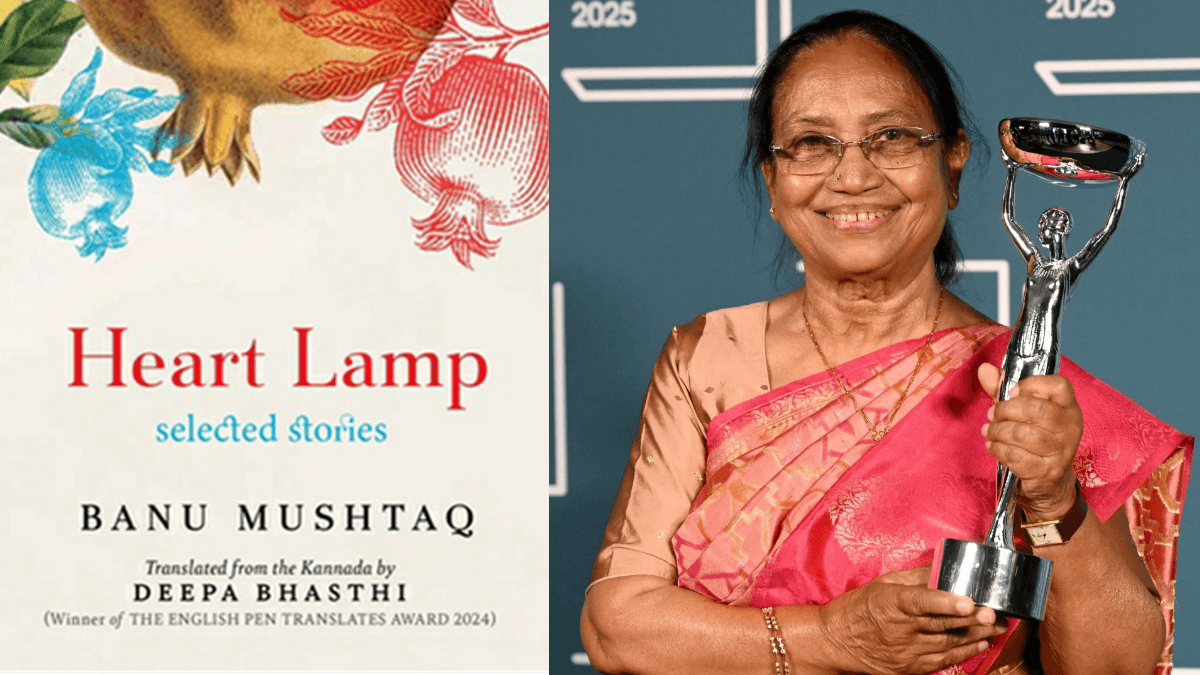As we enter the season of Indian literary festivals (let’s be honest: it’s always literary festival season in India), I must broach a painful subject: the role of a lit fest moderator.
Thanks to the pandemic, these individuals have become an essential fixture in most of our digital events; from book launches to author interviews, they control the interaction and our digital gathering places. The lit fest moderator can take many forms – other writers, journalists, publishing executives, celebrities, activists – but every one of them is a corporate enemy. They come down to occupy the seat that rightfully belongs to the author’s most devoted reader (me, of course). We snuggle with the authors’ books and have their quotes tattooed all over our bodies and yet they hold the exalted status of celebrity interviewer.
Moderator, I want your job. And to that end I’ve created a small guide for you, based on the horrors I witnessed during past online and offline literary events. Keep following these tips and when the talk with the author is over, you can walk away with more notoriety, with more lips wincing over your name, and with more pens striking your work off future reading lists.
Maybe then, the worthy others can take your place.
Step 1: DO publicly announce that you first discovered the author’s work last week, when you were asked to moderate the talk
This always results in some fascinating facial expressions. The audience seethes and the author forces a tight smile. The lit fest moderator goes on to reference “the main character” in the author’s latest book. The author helpfully supplies the name. The moderator misgenders them. The author corrects them. The moderator backtracks, apologises, reviews their crib sheet, and admits that they only read half of the author’s books. The author ends up delivering their own introduction. Time is lost. The moderator cuts audience questions.
Step 2: DO spend ten minutes of the hour-long session asking questions that the author answered in the FAQ section of their website – or during their interview last month
Perhaps this: “How did you start writing?”
Or: “Can you summarise the plot for us?“
Maybe even: “Was this based on your own life?“
The first member of the audience who takes the microphone (real or virtual) to ask a half-decent question enjoys the privilege of sounding like a Pulitzer Prize winning journalist.
Step 3: DO mutter “okay, thanks” and face another speaker as soon as the author concludes an exhausting analysis of the socio-political nuances of their work
The second-hand embarrassment that the audience experiences because of this unforgivable blunder cannot be put into words. It is like gliding across a meadow of flowers before falling headfirst into an open grave. It is like going for a long-awaited haircut and coming out with no eyebrows. It is like cracking the last egg in the world and watching it explode over your toes. A lit fest moderator who is allowed to snub a guest in such a frosty manner may as well be replaced by a customer service chatbot which better understands social reciprocity.
Also read: Dalit Literature From The South: Countering The Savarna Saviour Complex
Step 4: DO moderate a discussion with a translated author when you can’t speak their language
This lit fest moderator seemed adamant to prove to the world that they were bilingual—in the most aspirational sense of the word. Reality crushed their optimism during the talk: the translated author patiently waited for the moderator to finish spewing a series of confused verbs and unnatural nouns that would have made Google Translate blush, then turned to their translator and asked them to repeat the question. The translator – invited as a literary guest – ended up working for free so that the event could move along. This happened each time, as the tortured audience anxiously watched the minutes ticking away.
Step 5: DO allow one author to make passive-aggressive comments about another
During a virtual author discussion that I attended, the moderator decided to ignore a condescending remark made by a privileged author about a marginalised creator who was part of the event, and pushed forward with the session to avoid any embarrassment. This backfired when the injured party rose to meet the jibe and launched a counterattack of blistering words against the offender. Have you ever heard one literary master publicly berate another? For the live audience, it was a blazing display of creative passion. The petrified host? Not so much. The lesson we took home: conflict resolution is a non-negotiable skill for all moderators. More importantly, moderators should take care of all their guests.
The lesson we took home: conflict resolution is a non-negotiable skill for all moderators.
Step 6: DO schedule your speakers back-to-back with no time allotted for transitions
Few things could be more demoralising. An author has spent endless nights preparing for a prestigious event and trying to condense years of expertise into an hour long presentation – only to be trapped halfway when the moderator informs them that they have exactly five minutes.
We all know what happens next: the guest chatters three times faster, their voice jumps up an octave, the audience panics, and meticulously created slides go unread. When the clock finally runs out, everyone is drenched in sweat as bodies struggle against the surge of adrenaline.
Step 7: DO indulge that mannerless invader who claims the microphone before the very last question and announces that they have two questions
The moderator usually laughs while the final asker sighs and discreetly pulls out their phone to solicit the services of a hit man (probably).
Allow me to end on a serious note. The lit fest moderator’s etiquette (or lack thereof) could be the very factor that stops a beloved author from returning to a literary festival – be it physical or digital – the next year.
With more sensitivity, inclusion, training, and better preparation by event organisers, authors can express their creative energies in a nurturing space while audiences find their own exhilaration reflected in the moderator’s words.
Until then, I will wait for the day when I can seize that coveted role.
This is by no means an exhaustive or representative list. Suggestions to add to this list are welcome in the comments section.
Featured Image Source: Unsplash
About the author(s)
Sahana is a journalism graduate and multimedia storyteller whose areas of study include digital media and society, publishing, healthcare communication, and postcolonialism. She spends her free time typing up novels, shooting 35mm film, growing her stamp collection, or eating all her snacks in a forest with no cell reception. You can find more of her projects on Twitter and Wordpress.




